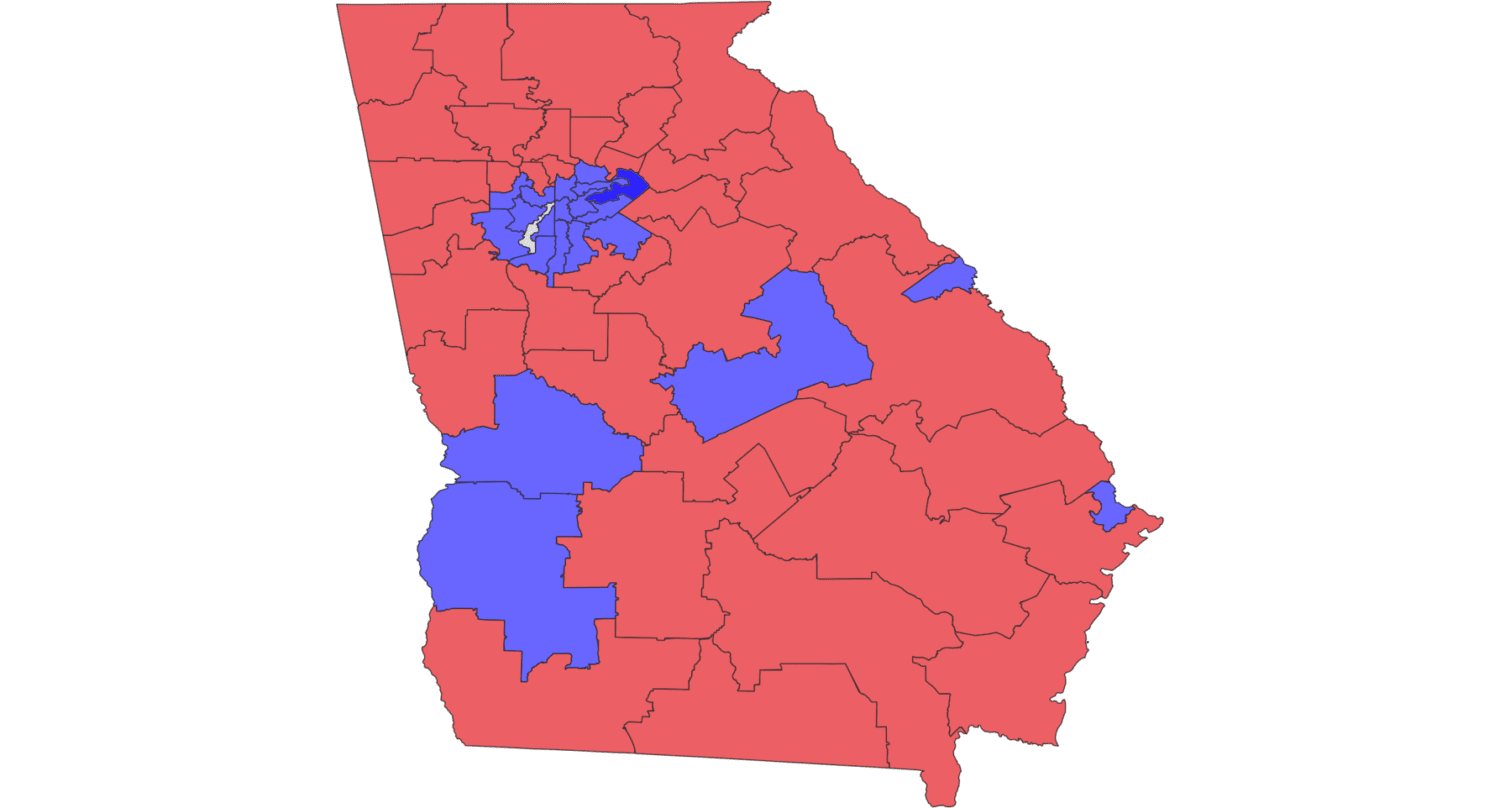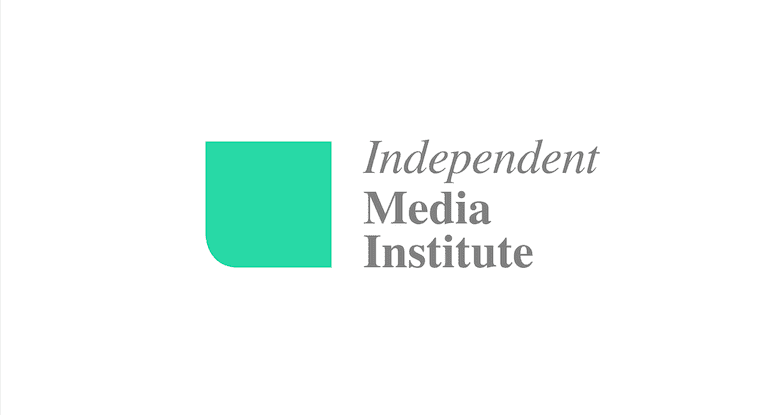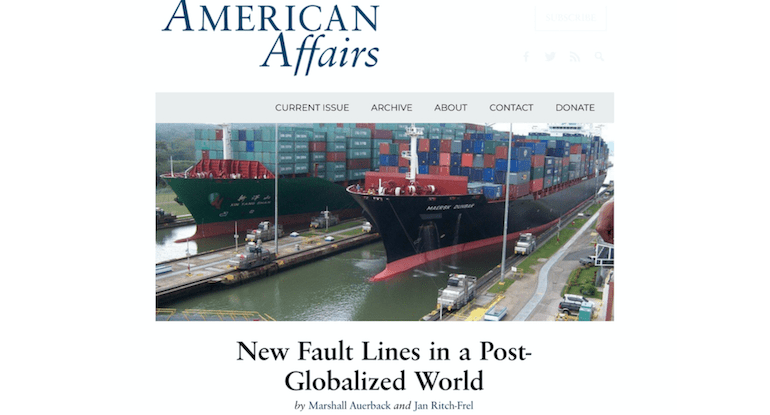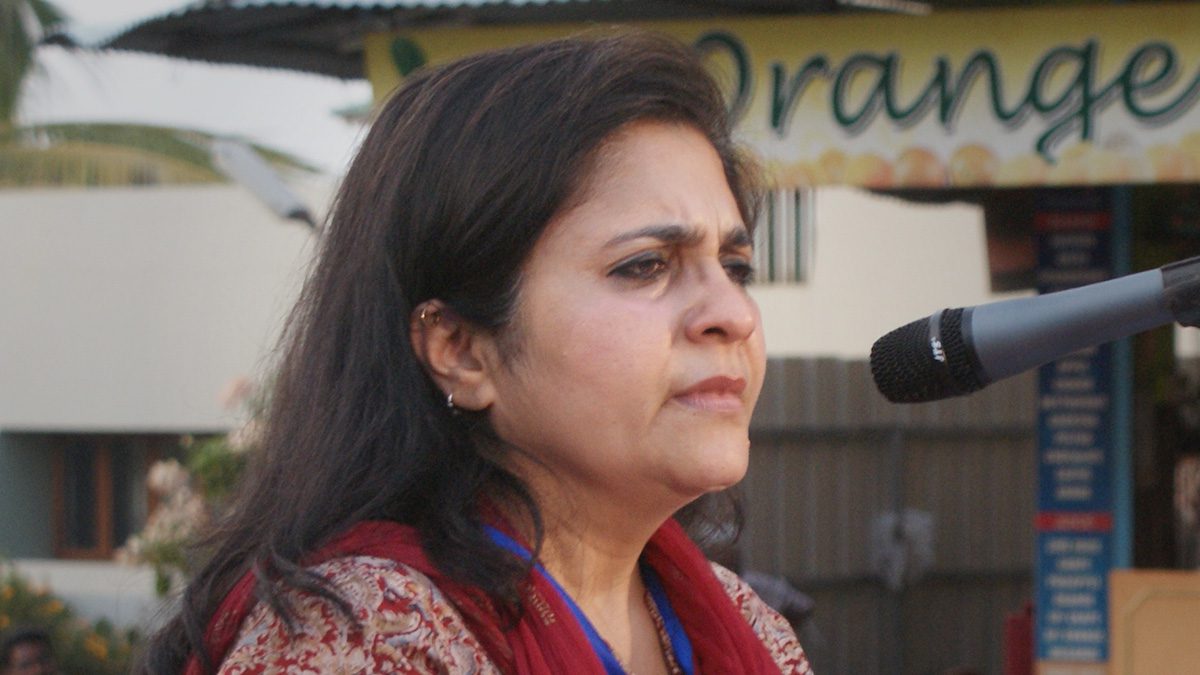The following is an excerpt of an article that was originally published on BillMoyers.com.
Decades of Inequality Shadow Voter Turnout in Rural Georgia
A small-town voter drive reveals why only trusted family, friends and local leaders can boost turnout in the Senate runoffs.
By Steven Rosenfeld
December 15, 2020
Commerce Street, once the heart of downtown Hawkinsville, Georgia, is easily overlooked. A visitor following state highways through the Pulaski County seat would glance at a row of faded brick buildings, awning-covered storefronts and dusty windows. Parking and getting out feels like stepping into an old postcard. In the sunlight’s glare and morning quiet, you might not know that Black businesses were once barred from the street. Or that the Ku Klux Klan held some of its largest rallies in America nearby. Or the street’s cluster of Black-owned businesses as a small-town triumph.
But quick assessments are out of sync with the rhythm of life and pace of change here. Below buildings painted in pastels, antique-style streetlamps and blue banners labeling Hawkinsville as a “Historic River Town” are two barbershops, a Southern bar and grill, a Caribbean takeout restaurant, clothes and gift shops, a small accounting firm, and a tobacco vape store. Most intriguing of all is what lies below the street’s largest sign, “The Newberry Foundation.”
The Hawkinsville African American Heritage Center is a Black history museum with a faded pine board saying “COLORED ENTRANCE” above its door. Next to it is the Plough and the Pew Reading Room, a ballroom-size space with a dozen large tables and shelves of leather-bound books. Its volumes range from Jet magazine, to the Journal of Negro Education, to The War of the Rebellion: A Compilation of the Official Records of the Union and Confederate Armies. A block away is the county courthouse and its large Confederate monument.
On a recent Saturday before the December 7 registration deadline and the December 14 start of early voting, this crossroad of past and present rural Georgia was the setting for a voter registration drive for the upcoming Senate runoffs on January 5. That contest will determine which political party holds the Senate’s majority and with it, the fate of legislation proposed by President-elect Joe Biden. While the biggest concentrations of Democratic voters surround Atlanta, voting rights groups believe that rural communities of color could tip the balance or cement Democratic wins, if they voted.
A small colorful caravan drove to the center of Pulaski County, where the early unofficial results showed that 4,081 of its 5,687 registered voters cast ballots in the November 3 election. Most were white voters backing Republicans. Like the 1960s’ Freedom Riders, whose buses crossed the South to register voters, the registration drive had a similar task: engage and turn out voters.
Read the rest at BillMoyers.com.
Steven Rosenfeld is the editor and chief correspondent of Voting Booth, a project of the Independent Media Institute. He has reported for National Public Radio, Marketplace, and Christian Science Monitor Radio, as well as a wide range of progressive publications including Salon, AlterNet, the American Prospect, and many others.




